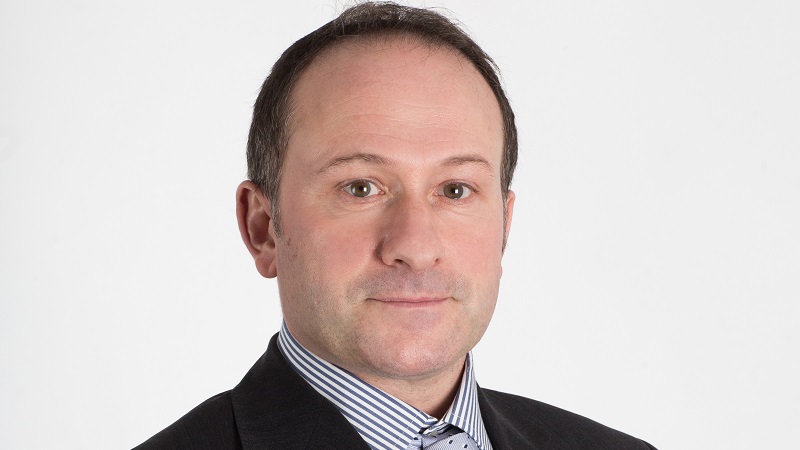Chelverton European equity duo Dale Robertson and Gareth Rudd stayed quiet for most of this year as they revamped their fund process after a harrowing final quarter of last year exposed flaws in the portfolio.
The Chelverton European Select fund has only been running since 18 March 2018 and has returned 5.6% since inception, narrowly beating the sector’s 5.5%. But the brakes were put on the fund’s marketing after a tough Q4 2018 which saw it drop 17% compared with a 13% loss for the IA Europe ex UK sector peer group, according to FE Analytics data.
This came amid a wider sell off on global equity markets with the MSCI World down 11.5% during the quarter, the FTSE All Share dropping 10.8% and the Eurostoxx down 12.2%.
The spell of underperformance made Robertson and Rudd (pictured) realise some of the positions in the portfolio were too exposed to debt. As a result they decided to take a step back going into 2019 while they put in place some hard rules “to add more clarity to decision making”.
Now at portfolio level net debt must be lower than the market average and a free cash flow must yield in excess of the market average.
Based on these rules, the duo has dropped a handful of stocks they felt had excessive leverage and did not have deep enough cycles going into a potential slowdown.
One of these is Norwegian drilling contractor Bora Drilling which the duo sold out of due to its latent financial leverage. This is a change of heart compared with October last year when the pair championed the firm as a way to play the theme of oil services companies which they thought were in line to benefit from capex spend.
“We still like [the theme] but for big integrated oil companies to switch the tap on is a slow burn,” said Rudd.
Another casualty of the rules is oil and gas firm Fugro.
Rudd added: “These companies did not breach covenants or anything like that but in times of market stress we did not want to be exposed. You do not want to be beholden to the banks in tough times.”
Free cashflow yield remains the duo’s preferred metric for judging value. “Free cashflow analysis remains at the heart of the process but we felt we should have a formal rule in place,” said Rudd.
The portfolio now has fewer names that can be considered “deep value”, although it does not discount this style completely as opportunities can still be found.
Rudd said: “We don’t really hold anything in this area, but we would never say never; it all depends on valuation, and at the moment, most traditional value areas, with their structural issues, are not attractive to us at current valuations.”
But the duo does not pay much attention to the value versus growth debate. “We don’t understand why the market has created growth versus value. We think they are linked – growth is a component of value,” added Rudd.
The team targets “sweet spot” companies that have both a high free cash flow yield and high sales growth. This, said Rudd, puts it neither in the value nor the growth camp and the duo has previously referred to its style as “modern value”.
The portfolio contains 30-50 names. In terms of position sizing companies can have a 2-4% weight where the investment case is clear and the risk profile is acceptable or a 1-2% weighting where stock specific risk would benefit from being diversified or where timing of entry is less clear.
Favoured sector clusters include IT services, which is 10.4% of the portfolio and includes names such as Infotel, Knowit, Capgemini and Siili, and healthcare, which is 13.4% of the portfolio and includes names such as Roche, Novartis and Sanofi.
According to Morningstar data to 30 October, the fund is the seventh best performing European fund year to date with a 23.38% return. Over three months, it is the third best performing fund, returning investors 1.28%.







